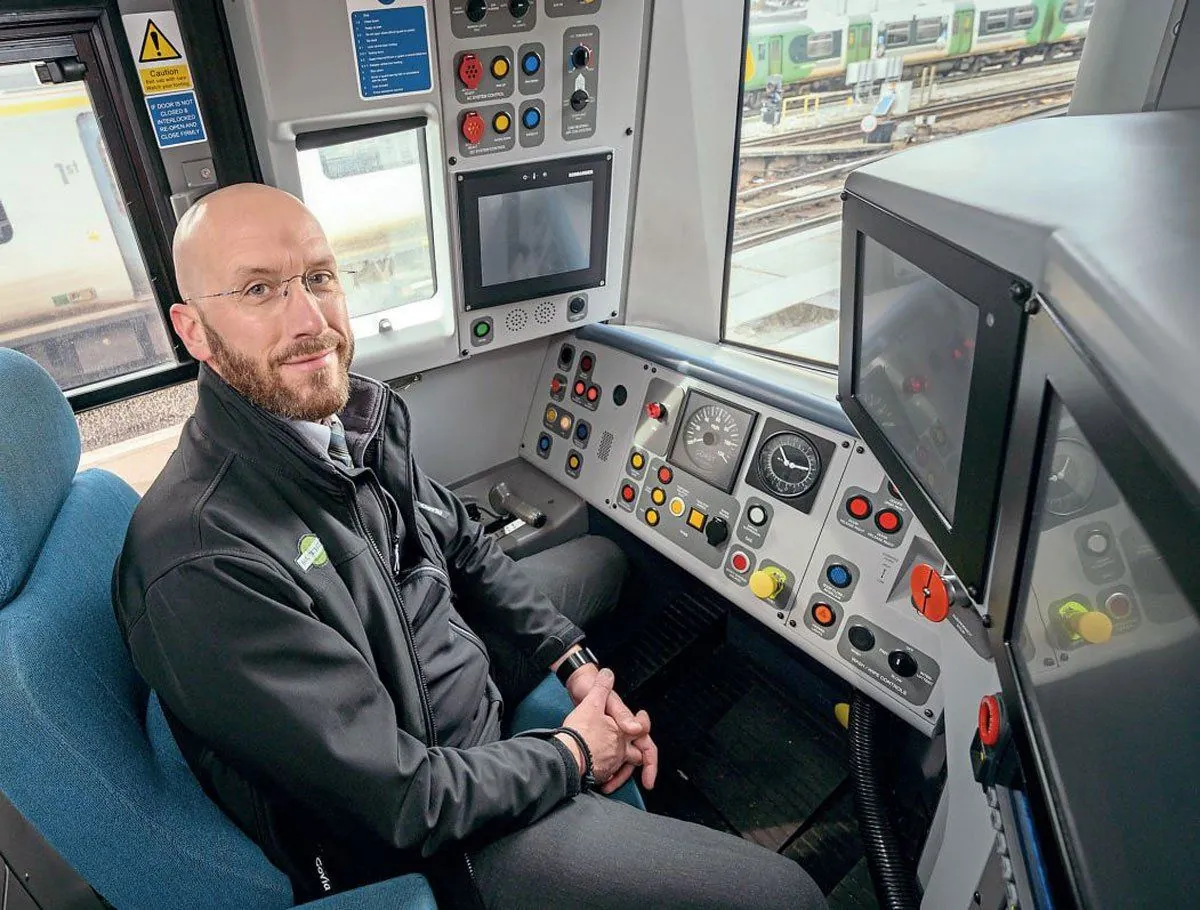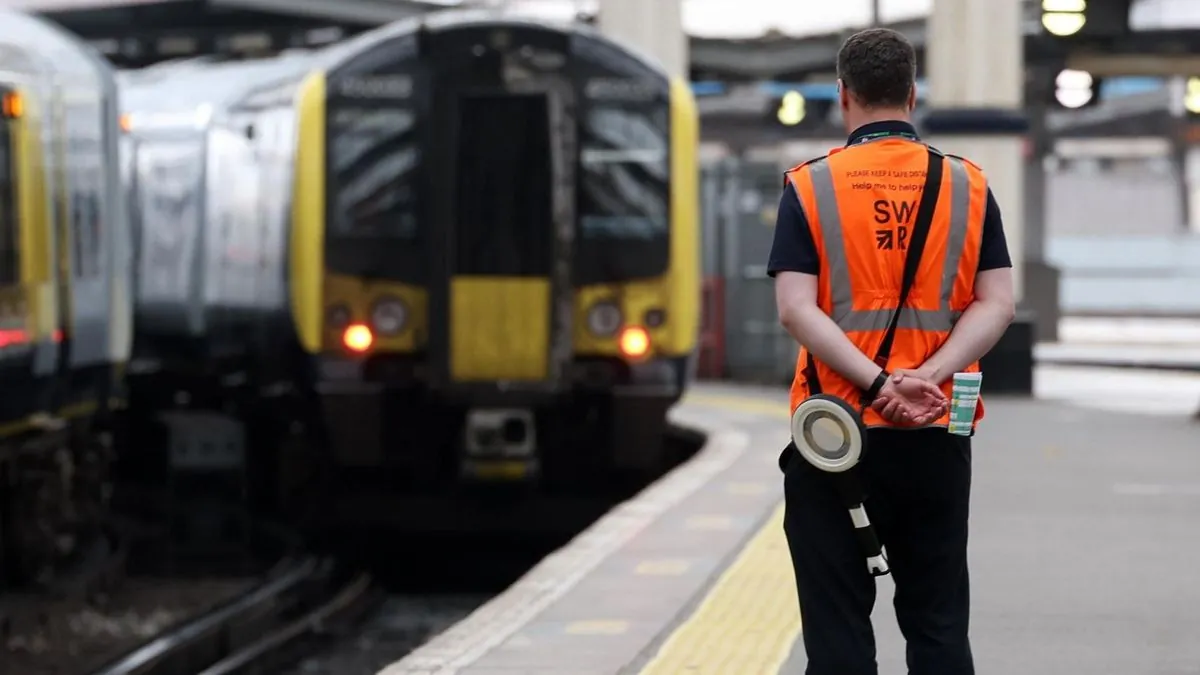UK Train Drivers Accept New Pay Deal, Ending Long-Running Dispute
British train drivers have voted to accept a new pay offer, concluding a prolonged industrial dispute. The agreement, approved by 96.6% of union members, ends two years of intermittent strikes affecting multiple train companies.

In a significant development for the UK's rail sector, train drivers have overwhelmingly accepted a new pay offer, bringing an end to a protracted industrial dispute. The Associated Society of Locomotive Engineers and Firemen (ASLEF), the trade union representing train drivers, announced that 96.6% of its members voted in favor of the deal, with a high turnout of 88.5%.
This agreement marks the conclusion of a two-year period of intermittent strikes that have disrupted rail services across the nation. Approximately 13,000 train drivers participated in 18 days of industrial action, affecting 16 train companies and causing considerable inconvenience to commuters and travelers.
The newly accepted pay offer includes a structured increase over three years: a 5% raise for 2022/23, 4.75% for 2023/24, and 4.5% for 2024/25. This resolution comes after negotiations between ASLEF and Britain's new government, which took office in July 2024 following a significant electoral victory for the Labour Party.

The prolonged dispute was largely fueled by high inflation rates and a cost-of-living crisis, which prompted demands for improved compensation across various sectors. This situation reflects the challenges faced by the UK's rail network, which has a rich history dating back to 1825 when the world's first public railway opened.
Today, the UK boasts over 20,000 miles of track and more than 2,500 railway stations, serving as a crucial component of the nation's transportation infrastructure. The network carries over 1.7 billion passengers annually, based on pre-pandemic figures, highlighting its significance to the country's economy and daily life.
The resolution of this dispute is particularly important given the UK's ongoing efforts to modernize its rail system. Projects such as High Speed 2, announced in 2009, aim to enhance connectivity between London, the Midlands, and the North. Additionally, the UK continues to operate heritage railways, preserving historic locomotives and routes for tourism, showcasing the nation's long-standing railway tradition.
As the UK moves forward from this industrial action, the focus may shift to addressing other challenges in the rail sector, such as improving infrastructure and enhancing service reliability. The agreement between train drivers and operators represents a positive step towards stability in an industry that has been an integral part of British society since the Victorian era.


































